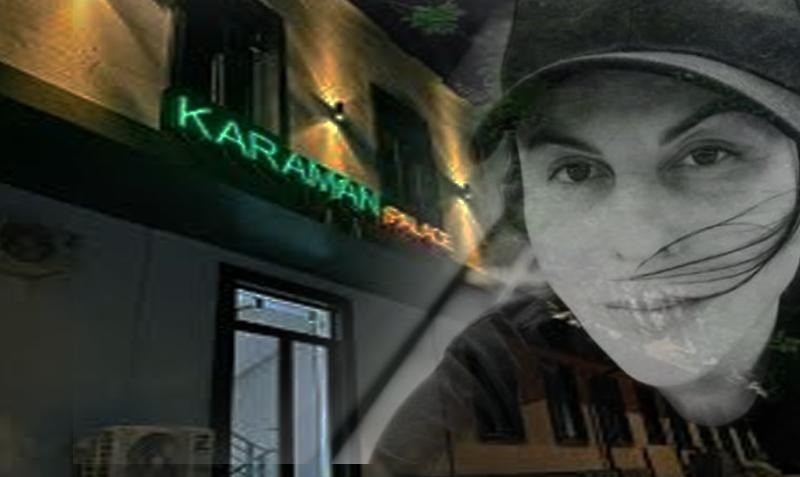On the night of October 4, 16-year-old Sherzat Bolat was killed in the town of Talgar, located in Almaty Oblast near the city of Almaty. The father of the victim blamed the incident on a gang - allegedly operating in Talgar and the surrounding area for many years - with connections to the government and law enforcement agencies. Later, unknown people burned down the family's house, and National Guard troops were brought into Talgar. The situation brings to mind the darkest pages of recent history, when criminal groups held cities and entire neighborhoods in a state of fear. The Talgar tragedy Sherzat Bolat was murdered in front of his father and mother after an incident occurred involving young people who entered the store the Bolat family rented. As stated by the boy's father, the customers refused to pay for a can of beer, and a fight broke out. According to other relatives, the group had knives and firearms. Sherzat's uncle was also injured during the fight and is recovering in hospital. Police initially claimed that all those involved in the incident had been detained, but the parents of the deceased later said that only seven had been arrested, while there were many more attackers. Fearing that the perpetrators would not be brought to justice, on October 7 Sherzat's relatives and concerned citizens of Talgar staged a rally at which Sherzat's father, Karzhaubai Nurymov, claimed that the so-called “Khutorskie” group was responsible for the boy's death. According to multiple reports, the Khutorskie have been terrorizing Talgar and its surroundings areas for many years. Businessman Hasan Kasymbayev allegedly runs the group, whilst sources also mention his brothers, including Yerzhan Kasymbayev, who was sentenced to 14 years for the murder of customs officer Medet Zhamashev, and Aslan Kasymbayev, head of the Talgar district Akim's (mayoral) office. In addition, the Kasymbayevs are said to be related to an official who once held high positions in law enforcement agencies. According to concerned residents of Talgar, the perpetrators of the boy's murder may be able to avoid justice due to their connections. In a statement, the acting head of the regional police department denied the involvement of any organized crime groups in the murder; the investigation has now been taken over by the Ministry of the Internal Affairs, which has dispatched a team to the scene of the crime. In an interview, Hasan Kasymbayev, who posted controversial photos on social networks, categorically denied his involvement in the murder of the teenager and any participation in an organized crime group. Despite assurances from officials, on October 12, the house of Sherzat's family in the village of Azat, Yenbekshikazakh district, Almaty region, was burned down. Police opened a criminal case and took the murdered teenager's family into protective custody. The house was empty at the time of the fire. The murder and arson have caused a sharp reaction in Talgar and led to a wider reverberations throughout Kazakhstan. Former Minister of Education and Mazhilis deputy, Askhat Aimagambetov, stated...






